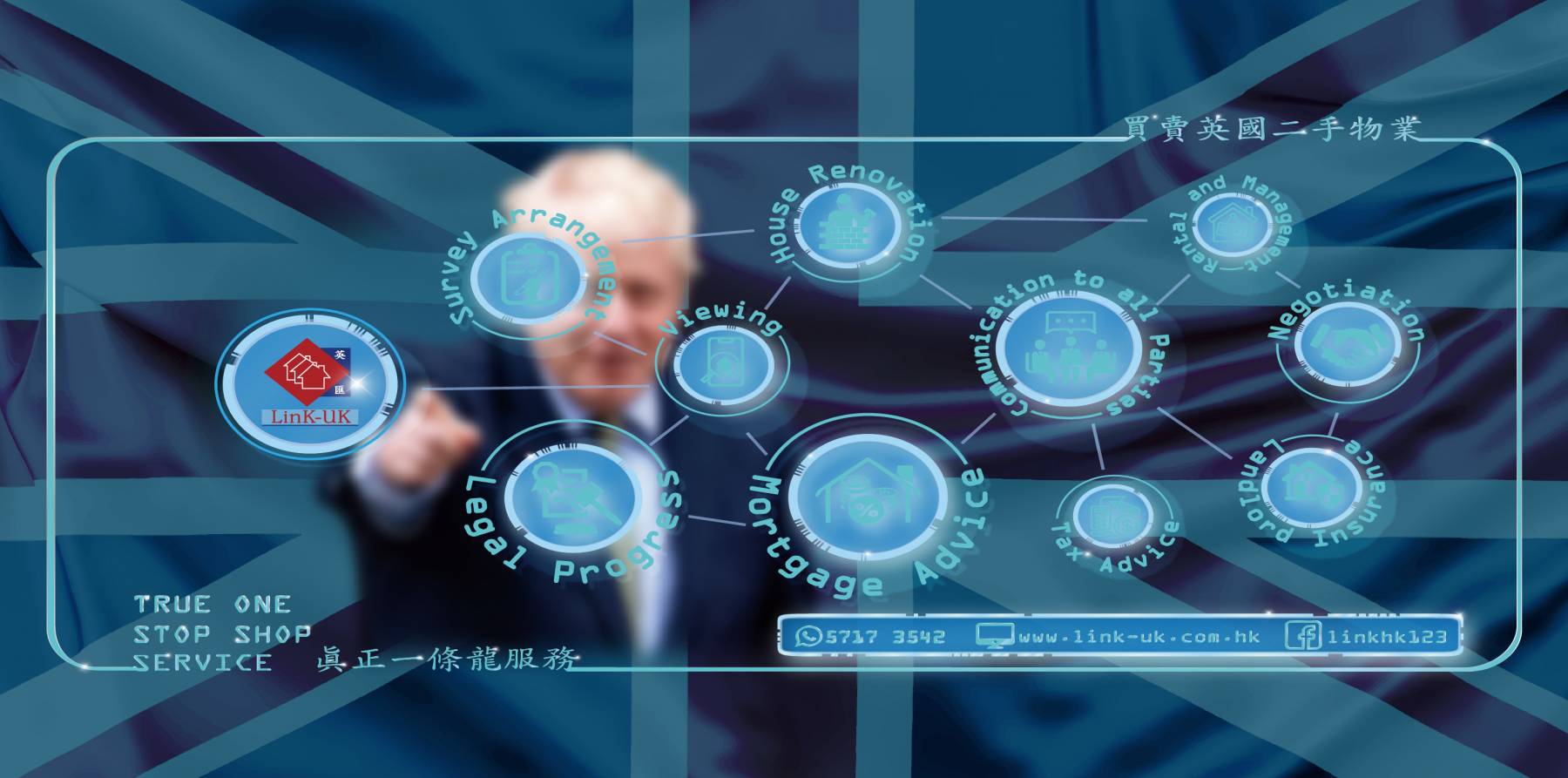
Budget 2017: key points at a glance

Growth
- Forecast of 2% growth for 2017, up from 1.4%.
- In 2018, growth forecast to be 1.6%, then 1.7% in 2019, 1.9% in 2020, and 2% in 2021.
- Previous forecasts were 1.4% for 2017, 1.7% for 2018, 2.1% in 2019, 2.1% in 2020 and 2% for 2021.
Rowena Mason, deputy political editor: Philip Hammond looks satisfied to be announcing higher growth than previously forecast – a rare experience for chancellors in recent years. It defies the predictions of gloom by remain supporters before the Brexit vote, although the effects of leaving the EU are yet to be felt.
Borrowing
- £51.7bn in 2016-17, £58.3bn in 2017-18, £40.8bn in 2018-19, £21.4bn in 2019-20 and then £20.6bn in 2020-21, and £16.8bn in 2021-22.
- In November, borrowing was forecast at £59bn in 2017-18, £46.5bn in 2018-19, £22bn in 2019-20, £21bn in 2020-21 and £17.2bn in 2021-22.
- Hopes of a surplus by the end of the decade already abandoned.
RM: Again, Hammond is able to deliver better news than previously forecast on borrowing. He stresses that this will not be used as a reason to spend more, signalling there will be no easing off on austerity. The chancellor moves on to a few digs at the opposition for ‘recklessly’ wanting to borrow more, carrying on George Osborne’s strategy of trying to paint Labour as fiscally irresponsible.
Small business tax
- For businesses below VAT registration threshold, delay by a year the introduction of quarterly reporting at a cost of £280m.
RM: Hammond says this is a sign he is listening to the voice of business, unlike Labour, and shoehorns in a joke about the ‘last Labour government’ of Blair and Brown being called that for a reason.
Business rates
Three measures for England: a cap so rates rise by no more than £50 a month for small businesses losing their rate relief, pubs to get a £1,000 discount on business rates of less than £100,000 rateable value (90% of pubs) and a £300m fund for discretionary relief for local authorities. This amounts to a £435m cut.
RM: Inevitably, Hammond has had to take action to calm down the backlash against changes to business rates, given the outcry among Conservative MPs, small companies and the rightwing press. Cheers from the Tory benches suggest they will be satisfied by the concessions.
Tax avoidance
- £820m of tax avoidance measures.
- VAT on roaming telecoms outside the EU.
- New financial penalty for professionals who create schemes defeated by HMRC.
- Stop businesses converting capital losses into trading losses.
RM: Crackdowns on tax avoidance have become a budget staple to boost the exchequer’s coffers. This is another attempt to stop unfairness in the tax system, with added penalties on accountants who help people to try to dodge their liabilities.
Self-employment
- Less tax paid by self-employed people will cost the taxpayer £5bn this year.
- An investigation into tax treatment is being conducted by Matthew Taylor of RSA.
- Treasury to raise £145m from increasing national insurance contributions of some self-employed people.
RM: Hammond has had to go into a very lengthy explanation justifying this on the grounds of improving fairness in tax levels between the employed and self-employed. This has the potential to be controversial with some traditional Conservative supporters, who are likely to see it as an assault on entrepreneurialism and an unwanted rise in a personal tax.
Tax-free dividend allowance
Cut from £5,000 to £2,000 from April 2018.
RM: This is another change that may annoy traditional Conservatives, but will please those who have long thought it unfair that shareholders can gain tax advantages by taking earnings through dividends rather than a salary.
Duties
- Sugar tax set at 18p and 24p per litre for the main and higher bands (more than 5g of sugar per 100ml and more than 8g per 100ml respectively).
- Freezing vehicle excise duty for hauliers and HGVs.
- New minimum excise duty on cigarettes.
- No changes to duties on alcohol and tobacco.
RM: The traditional ‘sin taxes’ on booze and cigarettes are not rising, but a new one is being introduced in the form of the sugar tax. It is one of the few flagship policies of David Cameron continued by May.
‘National living wage’
Rises to £7.50 an hour in April.
RM: This is merely confirmation of what Hammond said in last November’s autumn statement. It is a rise, but not enough to meet the target of £9 an hour by 2020 on its current trajectory.
Personal tax allowances
As expected, £11,500 for basic rate taxpayers.
RM: This is a continuation of the Conservative-Liberal Democrat coalition government’s trend of raising the personal allowance to reduce income tax paid for all but the very highest earners. Originally it was taking the very lowest paid out of tax altogether, but critics argue that a better way to do that now would be to raise the national insurance threshold instead, bringing it in line with the income tax threshold.
Savers
The promised NS&I three-year bond paying 2.2% will be available from April on savings up to £3,000.
RM: This is simply confirmation of an autumn statement measure, which appears to be a bit of filler in the speech rather than a new announcement.
Women
- £20m fund to combat violence against girls.
- £5m for ‘returnships’ – helping people back into work after a career break.
- £5m for projects to celebrate the 1918 Representation of the People Act.
RM: Hammond’s announcement prompted a lighthearted dig at May for already announcing two out of the three measures on Mumsnet on Tuesday night. She managed a bit of banter in return, retorting: “It is International Women’s Day.”
Consumers
Green paper on protecting consumers to be published.
RM: This is as expected, with few details in the speech, with the government once again channelling Ed Miliband, who hit out at ‘rip-off Britain’ in the previous parliament.
Training
- £300m for 1,000 new PhD placements.
- £270m for disruptive technologies such as robotics and driverless vehicles (the ‘industrial strategy challenge fund’).
- A £16m 5G tech hub.
RM: A big theme of the Treasury under Hammond has been improving training opportunities in science and technology. The sums involved are not huge, but Hammond has repeatedly signalled there will be few big giveaways in this budget.
Education
- White paper to be published.
- Funding of £320m for 110 new free schools to take the total to 500.
- Free school transport extended to children receiving free school meals at selective schools.
- £216m invested in school maintenance.
RM: This measure was widely trailed in Tuesday’s papers, with a focus on May’s decision to allow the new free schools to be selective grammar schools. It will be fiercely opposed by Labour and the other opposition parties.
Careers
- Introduction of T-levels – technical qualifications, an alternative to A-levels – for 16- to 19-year-olds.
- £40m for pilots on lifelong learning projects.
RM: This was also widely trailed by the Treasury as part of its focus on increasing the status of technical education.
Local government
- Midlands engine strategy to be published.
- £690m competition for local authorities to tackle urban congestion.
RM: This is a development of George Osborne’s ‘northern powerhouse’ strategy attempting to spread prosperity beyond the south-east. May has slightly shifted the focus to make sure all regions are targeted with an active industrial policy and the Midlands engine appears to be the latest plank of this plan.
Scotland, Wales and Northern Ireland
- £350m for the Scottish government.
- £200m for the Welsh government.
- £120m for the Northern Ireland executive.
RM: May has placed a huge emphasis on keeping the union together. The sums involved are sizeable, but hardly a gamechanger to quell the clamour for a second independence referendum among SNP supporters.
Social care
- £2bn over the next three years for England.
- Green paper on social care funding to be published later this year.
RM: This is a fairly dramatic climbdown for Hammond, who was severely criticised after the autumn statement for barely mentioning the NHS or social care crisis. In the ensuing debate, he repeatedly insisted there was no need for a bailout of the social care system. But the pressure from Tory councils, NHS chiefs and backbenchers has obviously proved too great.
NHS
- £325m of capital for the first of the new sustainability and transformation plans (STPs), intended to improve healthcare.
- £100m for 100 onsite GP treatment centres in A&Es in England.
- Hammond promises announcement of multi-year capital programme later in the year.
RM: The £100m injection into the NHS is a small amount compared with what medical chiefs say is needed. However, allocating money for a specific reform fits with No 10’s strategy of asking the health service to work more efficiently.

